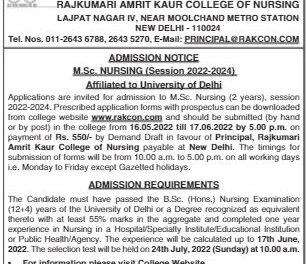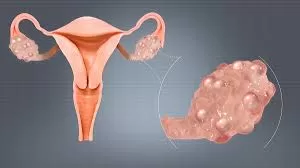March 23, 2024
Primary care physicians are at the forefront of identifying patients at risk for serious mental health issues, including suicidal ideation. However, the escalating demands on their clinical time often pose challenges in timely identification and intervention. Can artificial intelligence (AI) provide a solution?
Medscape recently interviewed Dr. Tom Zaubler, psychiatrist and chief medical officer of NeuroFlow, shedding light on how AI can enhance mental health screening and suicide prevention in primary care settings. Here are the key takeaways from the discussion:
Harnessing AI for Suicide Prevention and Mental Health Screening
Recent studies have showcased AI’s potential in mental health screening and suicide prevention. Natural language processing (NLP) stands out as a particularly promising tool, capable of analyzing patients’ journal entries for indicators of suicidal thoughts or behaviors. This technology offers a complementary approach to traditional screening tools like the Patient Health Questionnaire-9 (PHQ-9), especially in detecting subtle signs of distress.
Dr. Zaubler emphasizes that while improved screening is crucial, the lack of accessibility to specialized mental health care remains a significant barrier. Integrating AI into primary care practices can help bridge this gap.
Extending Mental Health Support Through Technology
Primary care physicians can leverage technology to extend mental health support to their patients effectively. Platforms equipped with safety screening features and immediate access to resources and digital interventions empower clinicians to intervene promptly. Alerts can be dispatched to professionals within the practice or employed by technology companies, ensuring timely support and counseling for at-risk individuals.
Dr. Zaubler underscores the role of trained paraprofessionals in providing essential services like suicide safety planning and counseling. These interventions, facilitated by technology, can significantly impact patient outcomes without solely relying on psychiatrists or masters-prepared clinicians.
Future Trends in Mental Health Care Technology
The future of mental health care technology in physician practices is poised to witness significant advancements. Automated screening platforms, alerts for positive screenings, and integration with collaborative care models are on the horizon. Advanced data analytics and predictive modeling will aid in identifying high-risk patients, while emerging technologies like voice recognition and machine learning hold promise in analyzing patient data for early intervention.
Challenges and Opportunities in Pediatric Populations
While technology has demonstrated efficacy in pediatric mental health screening and support, certain age-specific considerations and legal restrictions exist. Dr. Zaubler underscores the critical need for early identification and intervention in pediatric mental health, emphasizing the profound impact on academic performance, truancy rates, and overall well-being.
The Crucial Role of Primary Care in Suicide Prevention
Dr. Zaubler highlights the pivotal role of primary care physicians in suicide prevention, citing statistics that underscore the significance of integrating effective mental health screenings and support technologies into primary care practices. Universal screening for suicidal ideation, especially among adolescents, is deemed essential to mitigating the alarming rates of suicide in this population.
In conclusion, the potential benefits of integrating AI-driven mental health technologies into primary care settings are substantial. As research continues to support universal screening recommendations, the imperative for early intervention in mental health care becomes increasingly evident.
This interview highlights the transformative impact of AI in augmenting mental health care delivery and underscores the critical role of primary care physicians in safeguarding patient well-being.











